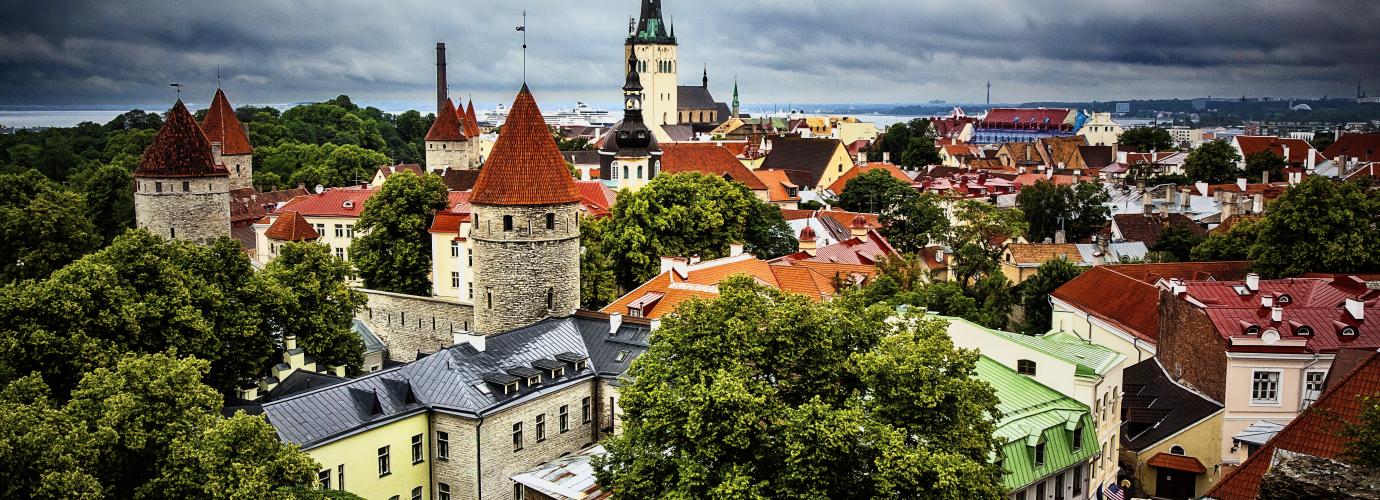Global and intercultural dimension in curriculum development
One of the goals of the Estonian Education Strategy 2021-2035 is to create diverse and accessible learning opportunities that would enable learners to move smoothly between levels and types of education. To increase the effectiveness of learning and continuously support the development of the learner, the principles of contemporary approach to learning and teaching are followed in the development and implementation of curricula and the assessment of learners, and smart learning materials and methodologies are developed.
Conformity of the content, volume and graduation terms specified in the curricula of general education with the adult target group needs and the society’s expectations shall be analysed. Taking into consideration the experience of foreign states in the reintroduction of adults with lower educational attainment into formal education, solutions are sought, in cooperation with different parties, for the improvement of organisation of studies and the encouragement of participation in studies.
Introduction of EU, especially its legislation and life in its Member States, is important in adult education; thus, courses are organised and publications produced to cover these topics. Courses on intercultural communication integrated in, for instance, business or teacher training are also popular. The popularity of language training provides an indirect indication of the importance of the European aspect.
Partnerships and networks
In cooperation with the Ministry of Education and Research, the Association of Estonian Adult Educators Andras carries out projects for the implementation of the European agenda for adult learning 2021-2030 in Estonia. The projects encourage information exchange, cooperation of different parties, as well as the introduction of international experience to different target groups.
International cooperation and development of information exchange in adult education through the ePlatform for Adult Learning in Europe (EPALE) are also essential to the programme. The activities are coordinated by the Estonian Qualifications Authority (Kutsekoda). It is a European Commission initiative with a purpose to support the international information exchange and cooperation in the Estonian adult education community, ensure the usability of the platform and the timeliness of the information regarding Estonian adult education.
Since Estonia has adopted an eight-level qualification framework, which brings together educational and professional qualifications and complies with the European Qualification Framework (hereinafter EQF), there is a National Coordination Point for the implementation of EQF, the Estonian Qualifications Authority (Kutsekoda) that also participates in the European NCP network.
The European Union Erasmus+ programme provides opportunities for adult learning professionals to learn from each other and develop strategic partnerships. In the framework of the programme focus is placed on common challenges, such as the recognition of skills learnt outside the formal education system. Erasmus+ makes adult learning more accessible and under this programme the skills of citizens across Europe are improved. The programme involves study mobility and job shadowing opportunities, exchange of staff, cooperation between institutions and organisations and cooperation with businesses, and e-platform for Adult Learning in Europe (EPALE).
Nordplus adult education programme allows creating thematic cooperation networks, development projects (for improvement of training courses, methodologies and materials) and conducting research projects.
Erasmus+ and Nordplus adult education programmes and cooperation with adult education organisations in Estonia and Europe are coordinated by the Erasmus+ and European Solidarity Corps Agency.

